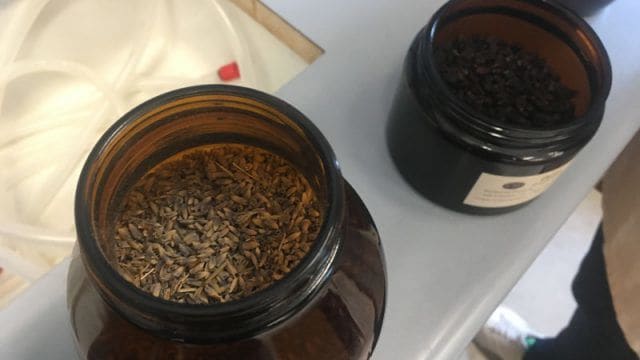
A Scottish Botanical Library Aims to Aid an Expanding Gin Industry
Justin Lam — September 28, 2018 — Lifestyle
References: insider & thedrinksbusiness
Scottish gin is currently exploding in popularity throughout the UK and Heriot-Watt University in Scotland is hoping to keep this momentum going with its new botanical library. Designed to help gin producers create new releases and boost exports, the library features 72 different sustainable botanicals grown in Scotland. Each of the entries featured in the botanical library were distilled and tested, with researchers assessing the flavor, aroma, and mouthfeel each entry produced.
Botanicals included in the library range from nettles and lavender to more unconventional aromatics such as dandelion and Chagga fungus. All of the entries in the botanical library may not be used in most gins but the ultimate goal of the venture is to provide distillers with a reliable database to understand how a botanical will perform if it is added before or after distillation.
Image Credit: ICBD
Botanicals included in the library range from nettles and lavender to more unconventional aromatics such as dandelion and Chagga fungus. All of the entries in the botanical library may not be used in most gins but the ultimate goal of the venture is to provide distillers with a reliable database to understand how a botanical will perform if it is added before or after distillation.
Image Credit: ICBD
Trend Themes
1. Sustainable Botanicals - Exploring the use of sustainable botanicals in gin production presents an opportunity for distillers to create unique flavors and appeal to eco-conscious consumers.
2. Flavor Innovation - The development of a botanical library enables gin producers to experiment with different flavor combinations and create innovative and distinct products.
3. Data-driven Distillation - Utilizing a reliable botanical database allows distillers to make informed decisions about the addition of botanicals during the distillation process, improving product consistency.
Industry Implications
1. Gin Distilleries - Gin distilleries can leverage the botanical library to drive product innovation and expand their offerings, appealing to a growing market of gin enthusiasts.
2. Sustainable Agriculture - The demand for sustainable botanicals in gin production presents an opportunity for the sustainable agriculture industry to supply high-quality ingredients and support eco-friendly practices.
3. Market Research and Analytics - Developing a comprehensive botanical database creates opportunities for market research and analytics companies to provide insights and data-driven strategies for the gin industry.
2.7
Score
Popularity
Activity
Freshness























